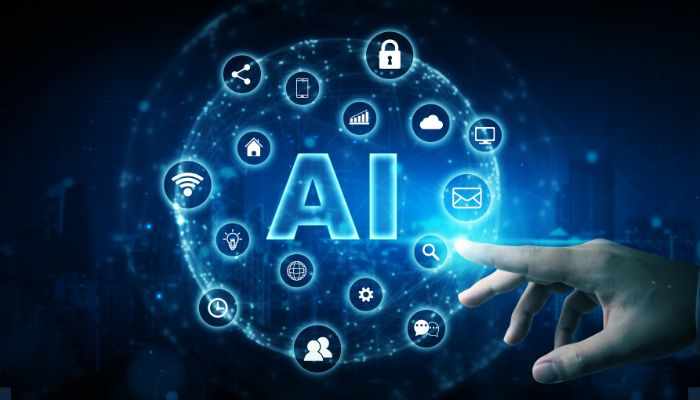
Artificial Intelligence (AI) is no longer a futuristic concept—it’s a core part of how modern software is built, deployed, and scaled. For Chief Technology Officers (CTOs), understanding the impact and opportunities of AI in custom software development is essential for leading digital transformation and maintaining a competitive edge.
As businesses increasingly demand smarter, faster, and more adaptive systems, AI is reshaping the landscape of custom software development services. From intelligent automation and predictive analytics to personalized user experiences, AI is becoming a driving force behind next-gen software development solutions.
Why CTOs Must Pay Attention to AI in Software Development
In 2025, the pressure on CTOs to deliver innovation at scale is higher than ever. AI offers the strategic advantage of:
1. Reducing Development Time and Costs
AI automates repetitive and time-consuming tasks in the development process—like writing code snippets, testing, or debugging. This allows developers to work faster and more efficiently. As a result:
Projects are completed quicker
Fewer resources are needed
Human error is minimized
All of this helps reduce the overall cost of custom software development services.
2. Enhancing System Capabilities and Performance
AI enables systems to be smarter and more responsive. For example:
Machine learning models can optimize system behavior in real time
AI can predict performance bottlenecks or traffic surges
Intelligent features like personalization, chatbots, or recommendation engines improve the end-user experience
This makes the final software development solution more powerful, adaptive, and valuable to the user.
3. Enabling Data-Driven Decision-Making
AI analyzes large volumes of data to identify patterns, trends, and insights. CTOs and product teams can use these insights to:
Make informed decisions about features, design, or architecture
Forecast project risks or customer behavior
Optimize resource allocation
This turns raw data into actionable intelligence, improving the quality and effectiveness of decisions across the software development lifecycle.
4. Future-Proofing Software Architecture
AI helps design software that can adapt and evolve over time. This includes:
Building modular, scalable systems that can integrate new AI tools or services
Using AI to detect when updates or changes are needed
Preparing infrastructure for future demands (e.g., more users, more data, new compliance rules)
By integrating AI early, custom software development companies ensure their solutions remain relevant and competitive in the long term.
Ignoring AI means risking obsolescence in an increasingly automated and intelligent software market.
Key AI Applications in Custom Software Development
1. AI-Assisted Coding and Development
AI tools like GitHub Copilot and Amazon CodeWhisperer help developers write cleaner, faster code. These tools:
Suggest real-time code completions
Detect and fix bugs
Learn from project context
For a custom software development company, integrating such tools leads to faster prototyping and reduced human error—two critical concerns for CTOs managing large development teams.
2. Automated Testing and Quality Assurance
AI-driven testing tools (e.g., Testim, Applitools) perform intelligent test case generation, bug prediction, and visual testing. They enable:
Faster QA cycles
Greater test coverage
Self-healing test scripts
These benefits drastically improve the delivery speed and reliability of software development solutions, making quality assurance more efficient and scalable.
3. Predictive Analytics and Smart Decision-Making
AI allows CTOs to forecast system behaviors and project outcomes using historical and real-time data. For example:
Predicting traffic surges to auto-scale infrastructure
Anticipating performance bottlenecks
Guiding product roadmap decisions
This proactive approach enhances the effectiveness of custom software development services by aligning tech strategy with business goals.
4. Natural Language Processing (NLP) for Requirement Analysis
AI-powered NLP tools can interpret emails, meeting transcripts, and documents to extract software requirements. This is especially useful for:
Reducing communication gaps
Accelerating the discovery phase
Improving project accuracy
For CTOs, this means faster alignment between business teams and development departments.
5. Personalized and Adaptive User Interfaces
By leveraging machine learning models, software can adapt to individual user behavior. Use cases include:
Recommending features based on usage patterns
Dynamic UI/UX elements that evolve with user preferences
AI-driven chatbots for support and onboarding
A custom software development company incorporating AI can build more engaging and intuitive solutions that drive user retention.
6. AI-Powered DevOps and Monitoring
AI supports DevOps by:
Automating routine maintenance tasks
Detecting anomalies in system performance
Enabling predictive alerts and self-healing systems
This results in lower downtime and better scalability—both top priorities for CTOs managing enterprise-grade applications.
Key Considerations for CTOs Before Adopting AI
While the benefits are substantial, CTOs must evaluate several critical factors:
1. Data Privacy and Compliance
AI systems require significant amounts of data to function. Ensuring compliance with GDPR, HIPAA, and other regulations is essential when building AI-enabled software.
2. Talent and Skill Gaps
AI development requires specialized knowledge. CTOs must assess whether their internal teams need upskilling or if partnering with an experienced custom software development company is more efficient.
3. Tool and Framework Selection
Choosing the right AI tools (e.g., TensorFlow, PyTorch, OpenAI APIs) that integrate smoothly with your tech stack is critical for long-term maintainability.
4. Model Maintenance
Unlike traditional code, AI models require continuous training and updates. CTOs must plan for ongoing data collection, validation, and performance monitoring.
Use Cases: Where AI Adds Immediate Value
Area AI Application Benefit
E-commerce Personalized product recommendations Increased conversion rates
Healthcare Predictive diagnostics Faster, more accurate treatment plans
Fintech Fraud detection algorithms Reduced financial risk
Logistics Route optimization Lower delivery times and costs
These examples show how AI-driven software development solutions solve real-world problems across industries.
Best Practices for CTOs Leading AI Integration
Start Small – Pilot AI features in non-critical modules before scaling.
Focus on Business Outcomes – Align AI investments with strategic goals.
Build Cross-Functional Teams – Combine data science, design, and development talent.
Partner Wisely – Work with a custom software development company that understands your industry and tech needs.
Maintain Transparency – Use explainable AI models where decisions affect customers directly.
The Future of AI in Custom Software Development
By 2030, AI will not just assist in development—it will autonomously manage certain aspects of it. CTOs will oversee:
AI-generated full-stack apps
Autonomous testing cycles
Self-improving algorithms based on usage data
Staying ahead means embracing these innovations now and preparing teams to work alongside AI—not compete with it.
Conclusion
AI is fundamentally transforming custom software development services by automating tasks, enhancing decision-making, and enabling more personalized user experiences. For CTOs, understanding and leveraging AI is key to staying competitive in a fast-moving digital world.
Partnering with an experienced custom software development company can accelerate AI adoption, reduce risk, and ensure that your software development solutions are not just functional—but intelligent, adaptive, and future-ready.

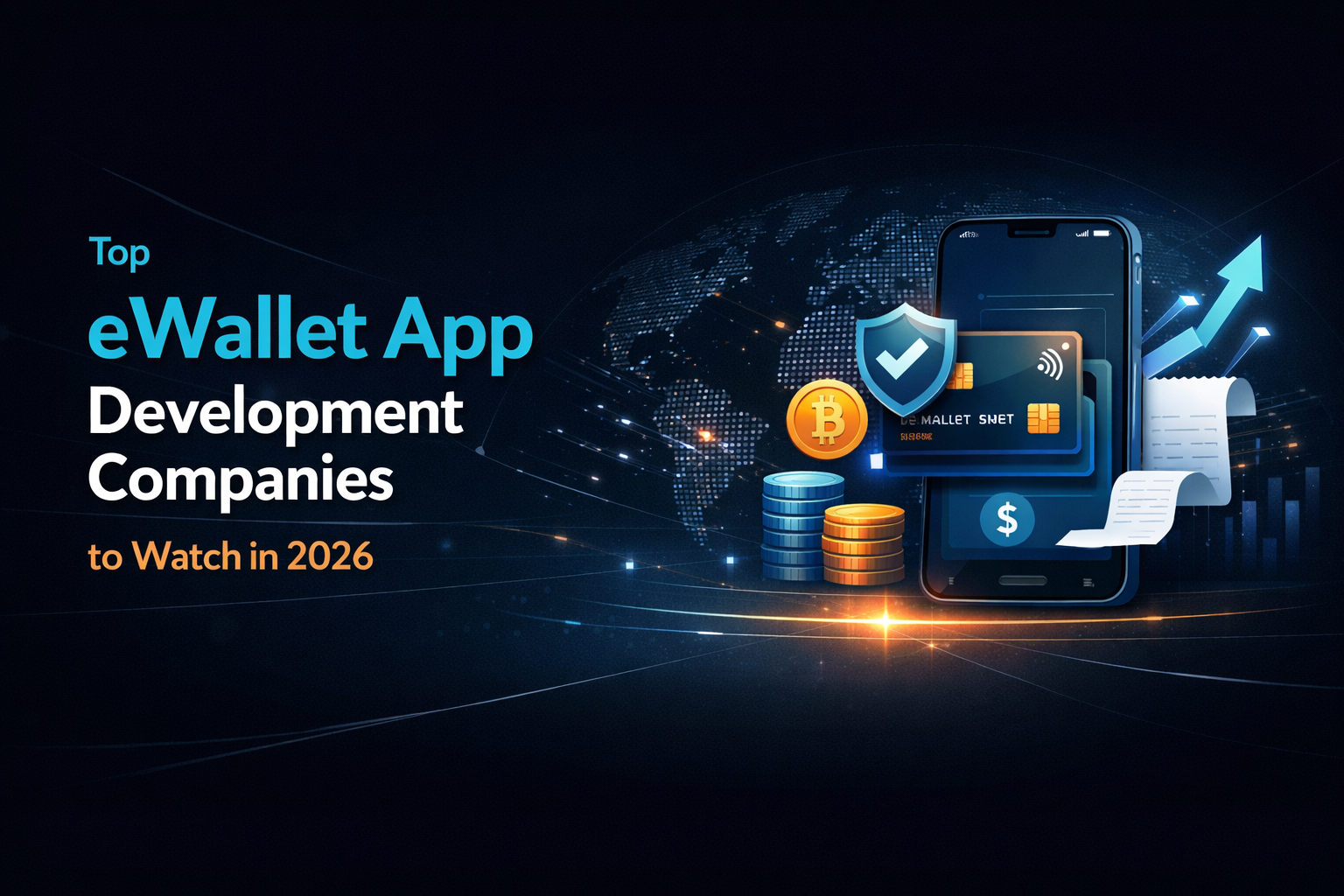


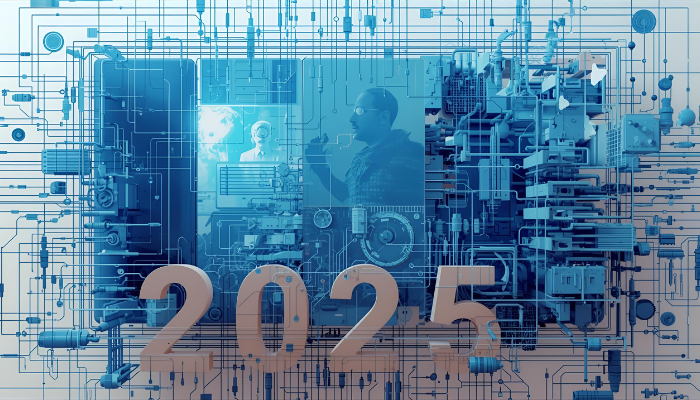


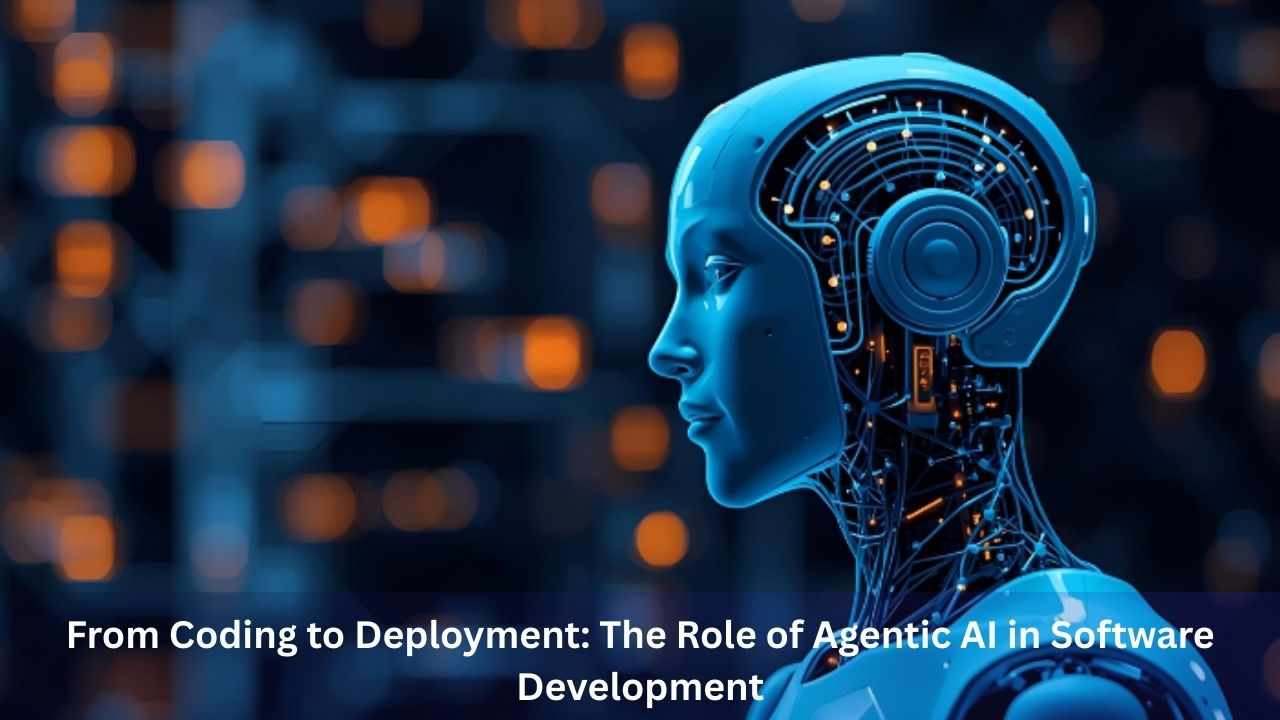
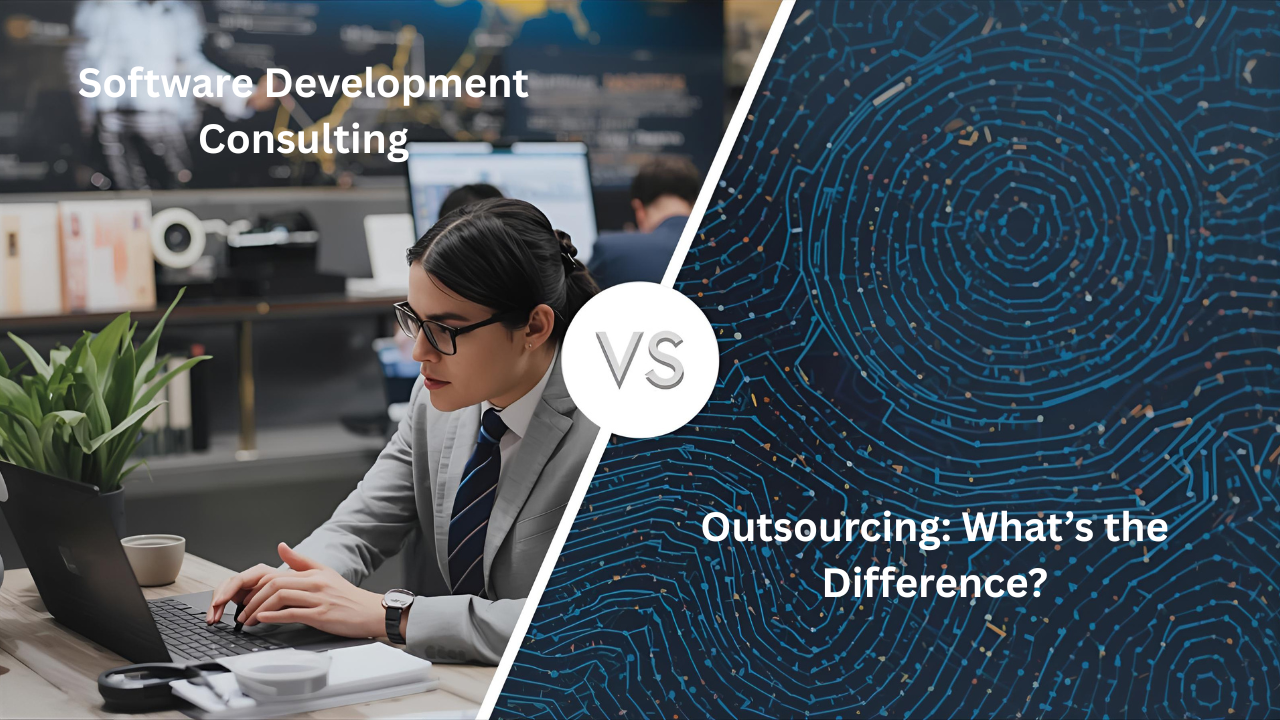
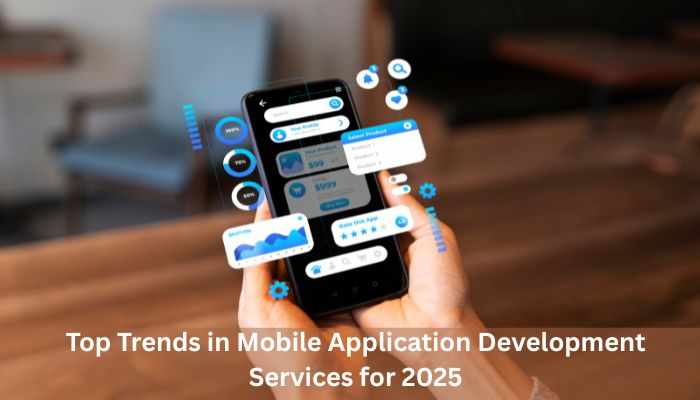



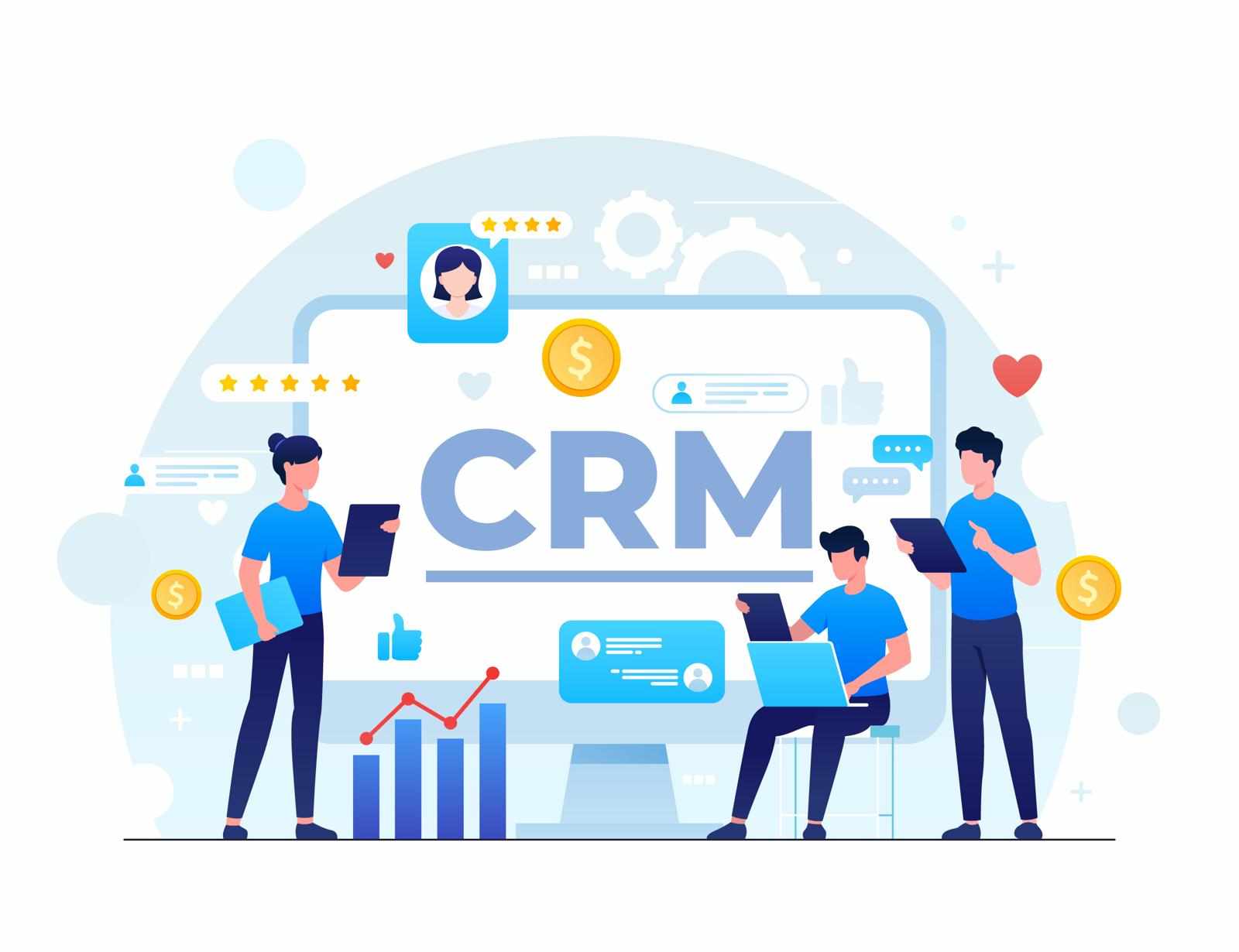
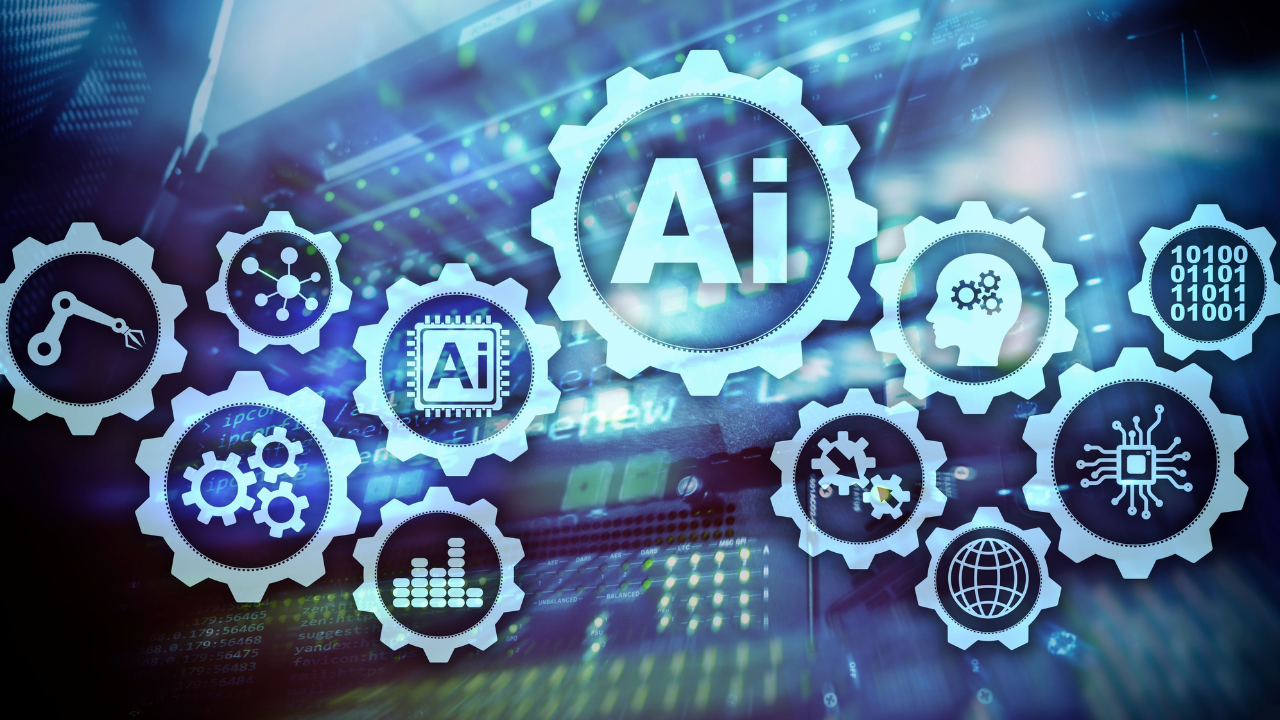

Write a comment ...